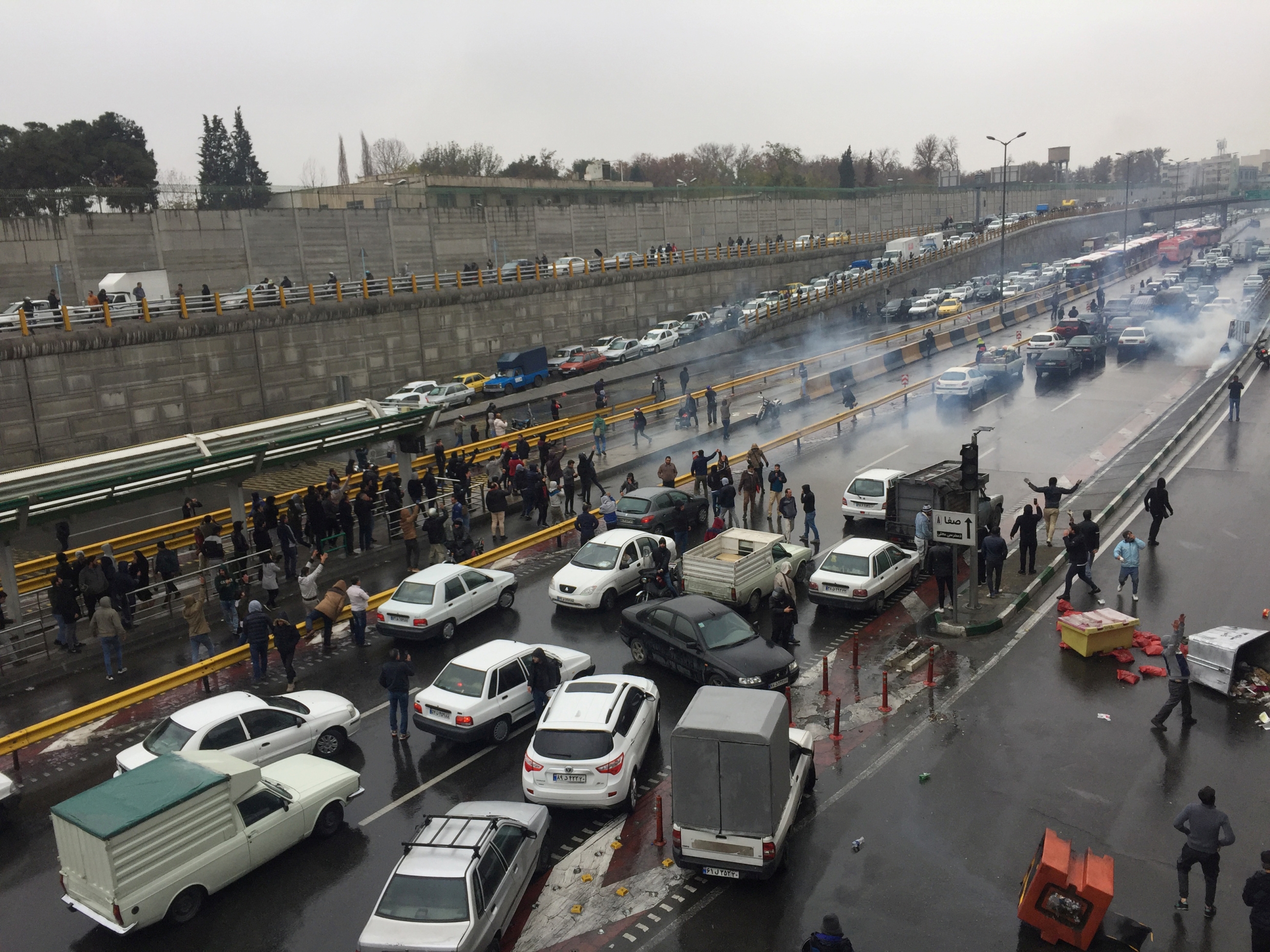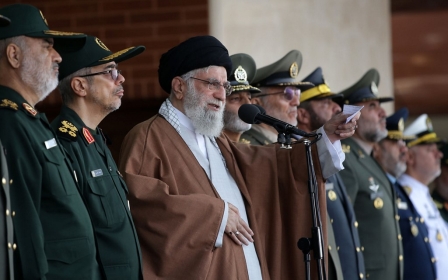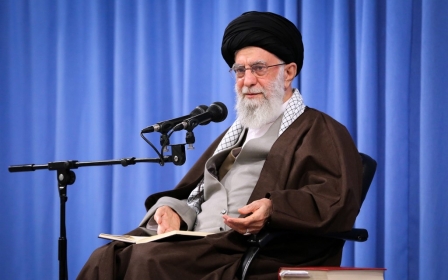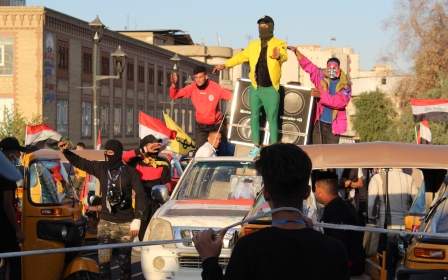Iran: More than 100 demonstrators killed during protests, Amnesty says

More than 100 Iranian demonstrators have been killed since the outbreak of protests across the country against a hike in petrol prices, Amnesty International has said, with the rights group accusing the Iranian government of using "excessive and lethal force" against "largely peaceful protests".
The death toll revealed by Amnesty on Tuesday comes a day after Iran's Islamic Revolutionary Guard Corps warned that it will take "decisive and revolutionary action" against protesters.
Amnesty said at least 106 protesters have been killed across 21 cities since 15 October. At least one protester was killed in the capital Tehran. The highest death toll, 16, was in the western city of Kermanshah, according to the report.
"The authorities must end this brutal and deadly crackdown immediately and show respect for human life," Philip Luther, research and advocacy director for the Middle East and North Africa at Amnesty International, said in a statement.
New MEE newsletter: Jerusalem Dispatch
Sign up to get the latest insights and analysis on Israel-Palestine, alongside Turkey Unpacked and other MEE newsletters
Luther added that the security forces' handling of the demonstrations raises "fears that the intentional lethal use of firearms to crush protests has become a matter of state policy".
'Not from the people'
Later on Tuesday, Iran's Supreme Leader Ali Khamenei suggested that the demonstrations were a security plot against Iran, "not from the people", as reported by Reuters news agency.
Khamenei added that the Iranian government had succeeded in pushing the "enemy back", both politically and militarily.
Three members of the security forces were killed by "rioters", Iranian media outlets ISNA and Fars reported on Tuesday, according to AFP news agency.
Protests erupted on Friday, a day after the government slashed oil subsidies, causing petrol prices to rise by more than 50 percent.
On Sunday, Iranian President Hassan Rouhani said people have a right to protest against the government's decision, but demonstrators should not spread "chaos".
"Protest is a right for all the people and they can protest…but we must not allow insecurity in the society," Rouhani said, as reported by the Iranian government-funded Press TV.
Iran is facing mounting economic pressure as the United States continues to sanction various Iranian industries and individuals, with its ability to sell oil, its main hard currency earner, severely curtailed on international markets.
Human Rights Watch also accused the Iranian government of using "excessive force" against demonstrators.
"Authorities are brutally repressing Iranians who are frustrated with an autocratic, abusive government and its policies and who bear the brunt of negative economic consequences of renewed US sanctions," Michael Page, the rights group's deputy Middle East director, said in a statement on Tuesday.
The White House has hailed the protests in Iran, while denouncing the use of force against demonstrators.
"The United States supports the Iranian people in their peaceful protests against the regime that is supposed to lead them," the White House said in a statement on Sunday.
"We condemn the lethal force and severe communications restrictions used against demonstrators."
Middle East Eye delivers independent and unrivalled coverage and analysis of the Middle East, North Africa and beyond. To learn more about republishing this content and the associated fees, please fill out this form. More about MEE can be found here.




